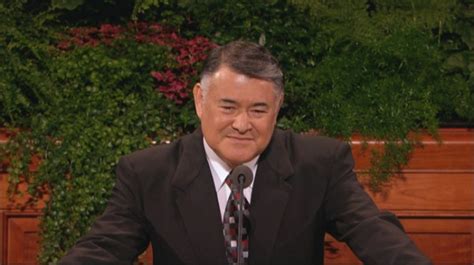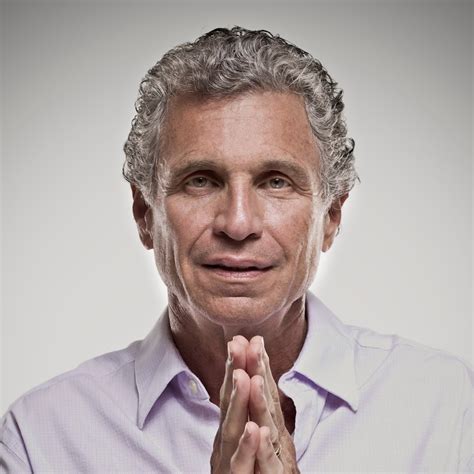A Quote by Alison Gopnik
Siblings are the guarantors that the private childhood world - so unlike the adult world that scientists are only just beginning to understand it - is a fully shared and objective one.
Related Quotes
I always looked forward to being an adult, because I thought the adult world was, well—adult. That adults weren’t cliquey or nasty, that the whole notion of being cool, or in, or popular would case to be the arbiter of all things social, but I was beginning to realize that the adult world was as nonsensically brutal and socially perilous as the kingdom of childhood.
Only one same reason is shared by all of us: we wish to create worlds as real as, but other than the world that is. Or was. This is why we cannot plan. We know a world is an organism, not a machine. We also know that a genuinely created world must be independent of its creator; a planned world (a world that fully reveals its planning) is a dead world. It is only when our characters and events begin to disobey us that they begin to live.
Writers imagine that they cull stories from the world. I'm beginning to believe that vanity makes them think so. That it's actually the other way around. Stories cull writers from the world. Stories reveal themselves to us. The public narrative, the private narrative - they colonize us. They commission us. They insist on being told. Fiction and nonfiction are only different techniques of story telling. For reasons that I don't fully understand, fiction dances out of me, and nonfiction is wrenched out by the aching, broken world I wake up to every morning.
Childhood is the world of miracle or of magic: it is as if creation rose luminously out of the night, all new and fresh and astonishing. Childhood is over the moment things are no longer astonishing. When the world gives you a feeling of "déjà vu," when you are used to existence, you become an adult.
One of the most significant effects of age-segregation in our society has been the isolation of children from the world of work. Whereas in the past children not only saw what their parents did for a living but even shared substantially in the task, many children nowadays have only a vague notion of the nature of the parent's job, and have had little or no opportunity to observe the parent, or for that matter any other adult, when he is fully engaged in his work.
The private experience that you perceive forms your world, period. But which world do you inhabit? For if you altered your private sensations of reality, then that world, seemingly the only one, would also change. You do go through transformations of beliefs all the time, and your perception of the world is different. You seem to be, no longer, the person you that you were. You are quite correct — you are not the person that you were, and your world has changed, and not just symbolically.
Only when we fix our gaze on the heavenly things do we begin to understand the eternities. Only with the help of Christ can we fully overcome tragedy. It is necessary to develop our faith in Him as the Redeemer of the world. He taught us: “In the world ye shall have tribulation: but be of good cheer; I have overcome the world.
The little world of childhood with its familiar surroundings is a model of the greater world. The more intensively the family has stamped its character upon the child, the more it will tend to feel and see its earlier miniature world again in the bigger world of adult life. Naturally this is not a conscious, intellectual process.
But our ways of learning about the world are strongly influenced by the social preconceptions and biased modes of thinking that each scientist must apply to any problem. The stereotype of a fully rational and objective scientific method, with individual scientists as logical (and interchangeable) robots, is self-serving mythology.
My view is there will be problems and bad people as long as the earth exists, and since we're moving into a completely interdependent global environment, we're better off building a world we'd like to live in when the United States are not the only military superpower. That is, we need to build a world of shared responsibility, shared benefits, and shared commitment to our common humanity.
When you drill down, blockchains are really a shared version of reality everyone agrees on. So whether it's a fully immersive VR experience, augmented reality, or even Bitcoin or Ethereum in the physical world as a shared ledger for our 'real world,' we'll increasingly trust blockchains as our basis for reality.
Modern physics is describing what the ancient wisdom keepers of the Americas have long known. These shamans, known as 'the Earthkeepers,' say that we’re dreaming the world into being through the very act of witnessing it. Scientists believe that we’re only able to do this in the very small subatomic world. Shamans understand that we also dream the larger world that we experience with our senses.





































